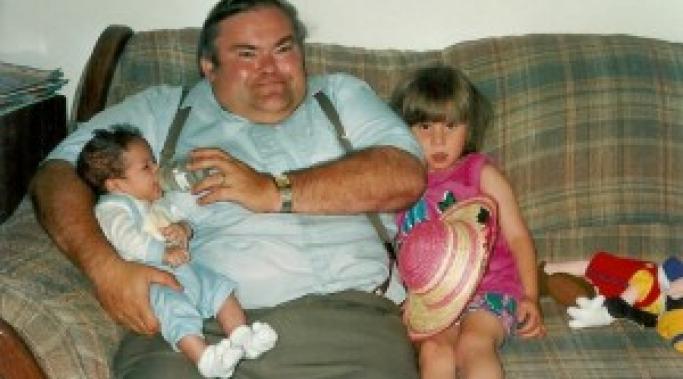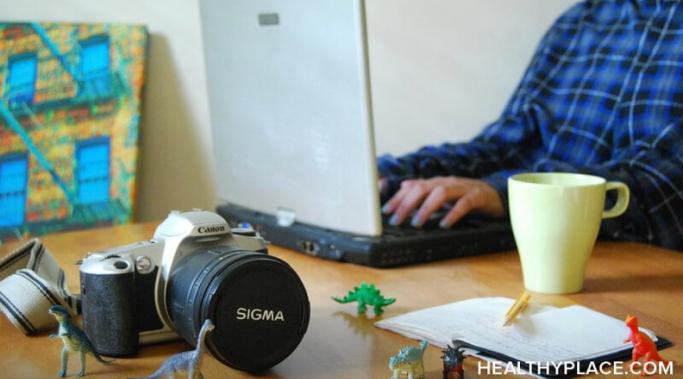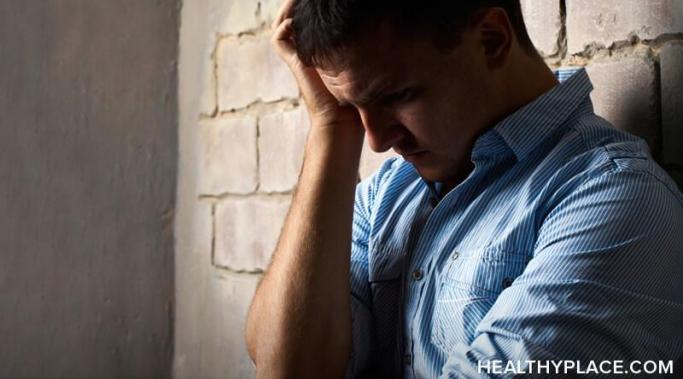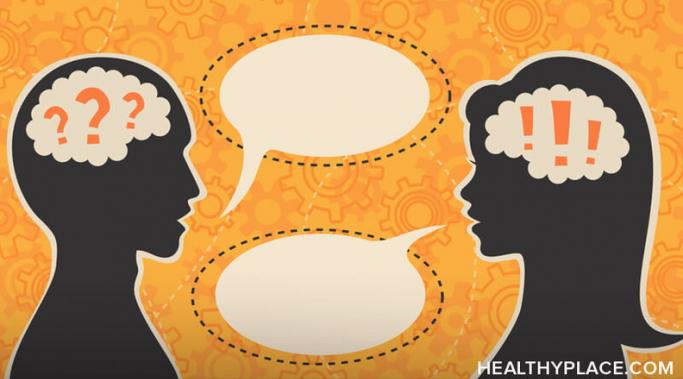Believe it or not, jealousy during grief is a normal reaction. Many of us have grieved over the loss of a close friend or relative. After such a loss, we do not always know what to think. It is normal to be in denial for awhile and then just out of the blue feel extremely bitter. In fact, we can feel so lonely that we might even feel jealous of everyone who still has their best friend or relative. After losing my father, jealousy, a normal reaction, has been a big part of my grieving process.
Getting Through Tough Times
When you're under pressure, it can be hard to handle anxiety at work. Many people who have anxiety struggle with change, myself included. It takes awhile for me to adjust to any new situation. At the beginning, I doubt everything and make up the worst scenarios in my head--getting shoved into a locker in middle school, failing college, getting fired from a job, etc. But one thing I learned recently is that even though change can be scary, it can also be a good thing by challenging my anxiety. Read on to learn about how to handle work anxiety when you're under pressure.
Catastrophic thoughts, and recognizing catastrophic thoughts, has always been a significant part of the anxiety I experience (Dealing with Catastrophic Thinking and Anxiety). Initially, I thought that imagining all these terrible things happening would allow me to plan for them and control them as a result. Learning to recognize and deal with catastrophic thoughts has helped me get through difficult times when my anxiety comes on strong.
Anxiety can affect our safety at work. Usually, when we think of anxiety, we don't think about how it affects our safety. Sure, we know about many of the physical symptoms of anxiety (dizziness, racing heart, tight chest, etc.). But what about our reactions to these symptoms? How do they affect how we treat others and ourselves? What are the consequences? How does anxiety affect our safety at work and what can we do about it?
When I first realized I had it, talking about depression did not seem like an option. It seemed like a dirty secret I needed to brush aside. I had been told not to cry so many times that I felt ashamed each time I did. Sometimes I still do (Depression Symptoms – Easy to Tear). Fortunately, I am learning to be open and talk about depression, which helps me get through tough times.
Journal prompts make it easier to journal consistently, but I haven't been using them. It came to my attention while I was sitting in the waiting room before my therapist appointment. A million thoughts raced through my head. "So many things have happened since my last visit. Where did we leave off last time? What do I say?"
Across from me, another patient held a journal. When I saw it, I realized what I'd been missing. I didn't have a record about events that triggered my depression and anxiety. Having a written record of moods, events, and triggers would have been really helpful at that time. I know journaling strengthens my mental health and journal prompts can help facilitate this. Here is an easy journal prompt that you can use for your mental health.
Some with depression and anxiety drop out of college (How Can Colleges Help Students with Mental Illness?). I graduated from high school at 17 and was ready to tear through my freshman year of college. Instead, I dropped out of college with depression and anxiety. What followed were eight years of insecurity and an intense dread for the future.
My name is Martha Lueck and I'm very excited to be writing for the blog Getting Through Tough Times. I have experienced symptoms of depression and anxiety all my life, but I wasn't officially diagnosed with these conditions until after college. Throughout my education, I struggled with severe test anxiety. I also had learning disabilities which caused me to feel stupid compared to my peers. When I was 17, I lost my father who was my best friend. This loss affected my outlook on life, relationships, and even self-esteem.
I travel with depression at least three times a year, and most of the time I find myself on solo trips. Whether I am traveling for work or vacation, it seems like my depression never takes a respite. Instead of seeing this as a weakness that prevents me from traveling internationally, I try to work around it with a few techniques I've learned over the years. I have learned to travel and vacation with depression.
Even if you consider yourself a happy person you may be susceptible to holiday depression. Do you find yourself obsessing over pictures on social media of people surrounded by smiling family members, wishing you had another life? Do the holidays make you feel isolated from the rest of the world? You are not alone (Seasonal Affective Disorder (SAD) Symptoms – Who’s At Risk). Read on to learn about holiday depression.









